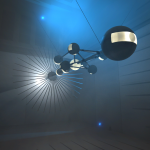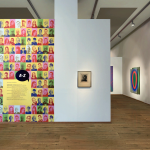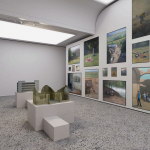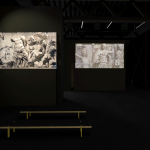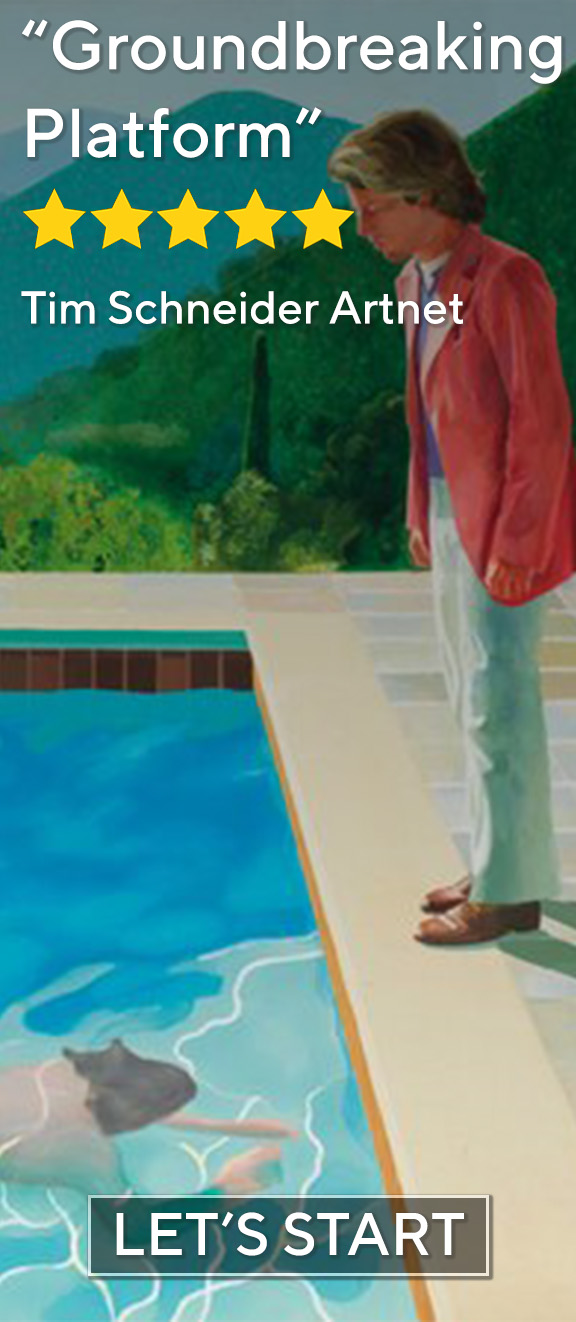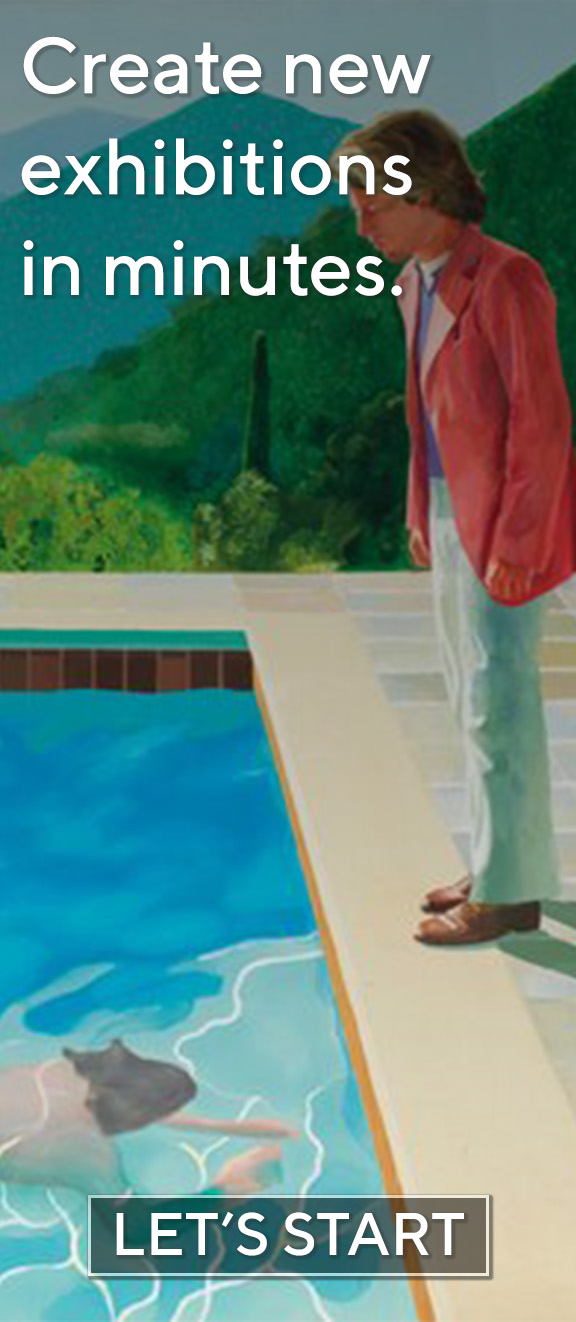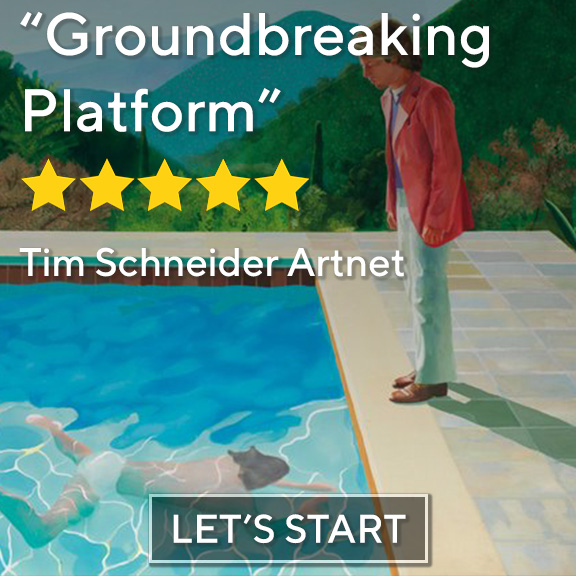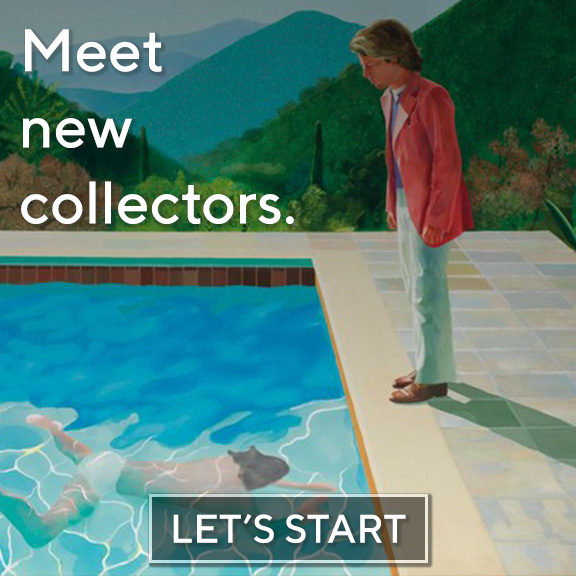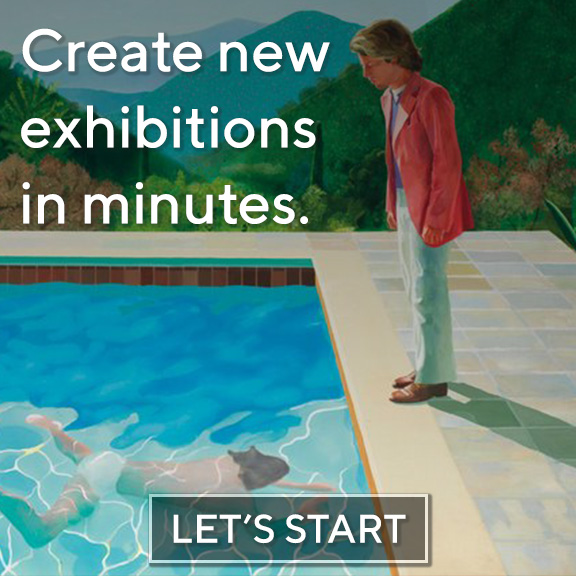Overview
The Virtual Curating Course at Metropolitan University, Budapest represents a pioneering educational initiative that fundamentally reimagines curatorial training for the digital age. Running from 2023 to the present, this semester-long program challenges traditional exhibition practices by immersing MA students in the emerging field of virtual curation using Walter’s Cube vCurator software. The course addresses critical questions about digital cultural consumption, the reproduction of artifact “aura” in virtual spaces, and the future role of traditional physical exhibitions in an increasingly digital cultural landscape.
The educational innovation of this program lies in its comprehensive approach to digital curation training. Students explore different types of cultural consumption practices in online and digital spaces, analyzing existing 3D exhibition visitor experiences and examining various technical solutions currently available on the web. The course tackles the fundamental theoretical and practical question of whether, and under what conditions, it is possible to digitally reproduce the aura of an artifact and bring the virtual exhibition experience as close as possible to the physical experience.
Virtual curating serves as a complementary practice to traditional physical curation rather than a substitute. For professional curators, it offers enhanced curatorial skills in spatial arrangement and object ordering, cost-effective testing of different exhibition layouts, risk-free experimentation with fragile artworks through digital prototyping, and rapid iteration of exhibition designs before physical implementation. This approach strengthens traditional curatorial practice by providing curators with powerful tools to refine their vision and test spatial relationships digitally before committing to physical arrangements, ultimately improving the quality and precision of traditional exhibitions.
The course’s practical outcomes are significant. Each student successfully creates their first virtual exhibition in the digital twin space of a renowned exhibition venue, demonstrating mastery of both theoretical concepts and technical skills. This hands-on approach ensures that participants could continue developing their virtual curation abilities independently, equipped with the knowledge and tools necessary for future professional applications.
By combining theoretical analysis with practical implementation, the Virtual Curating Course has established a new educational model that prepares emerging cultural professionals for the evolving landscape of digital exhibition practices, setting a precedent for how traditional curatorial training can be enhanced through technological innovation.

Partners
- Metropolitan University, Budapest
- Walter’s Cube (Technology Partner and Workshop Provider)
Key Features
- Comprehensive theoretical foundation in digital cultural practices
- Intensive hands-on workshops with vCurator software
- Individual virtual exhibition creation projects
- Analysis of existing 3D exhibition technologies and solutions
- Professional skill development in digital curation techniques
Project Goals
- Introduce students to fundamental digital curatorial approaches
- Provide practical training in virtual exhibition creation
- Explore the theoretical implications of digital artifact reproduction
- Develop professional skills relevant to contemporary cultural practices
- Bridge traditional curatorial methods with innovative digital technologies
Educational Innovation
The course’s breakthrough approach combines rigorous theoretical exploration with practical application:
- Theoretical Framework: Students examine different types of cultural consumption practices in digital spaces and analyze the philosophical implications of reproducing artifact “aura” digitally
- Technical Training: Intensive workshops provide hands-on experience with professional vCurator software
- Practical Application: Each student creates an individual virtual exhibition, demonstrating mastery of both concept and execution
- Professional Development: Focus on career advancement opportunities and self-branding potential in the virtual exhibition space
Student Outcomes
The program successfully prepared students for the evolving cultural landscape by providing:
- Proficiency in cutting-edge digital curation software
- Understanding of virtual exhibition design principles
- Ability to create professional-quality digital exhibitions independently
- Critical analysis skills for evaluating digital cultural experiences
- Enhanced professional portfolios with innovative virtual exhibition projects
Impact on Curatorial Education
This course represents a significant advancement in curatorial training, addressing the economic and practical barriers that traditionally limit students’ exhibition experience. By utilizing virtual spaces, students gained comprehensive exhibition design experience at minimal cost while developing skills increasingly relevant to museums, galleries, and cultural institutions worldwide. The program demonstrates how digital technology can democratize access to professional curatorial training while preparing students for the future of cultural presentation and preservation.


